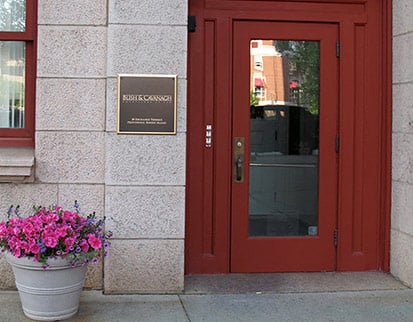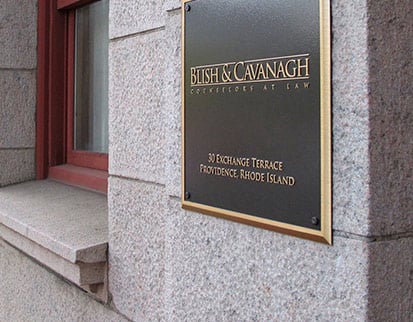Many local businesses live or die based on word-of-mouth referrals from their customers and clients. People may recommend their hairdresser or favorite coffee shop to friends and coworkers. They may also warn their neighbors and family members not to hire a plumber who did a bad job or overcharged them.
It is, therefore, crucial that companies recognize how every customer is not just a source of income but also a potential liability. Happy customers don’t always go on to share their positive experiences, but frustrated or disappointed customers and clients frequently do. The internet has made airing one’s grievances easier than ever. Someone with a chip on their shoulder might even engage in defamation against a business. Online defamation against a company can occur in a myriad of ways.
Through social media posts and videos
Videos of customers and clients complaining about unpleasant experiences frequently go viral. People share them widely, leading to a massive influx of people calling the company to complain about what they saw online. The original poster may encourage others to spread the story as far as possible. People making such videos often tend to use hyperbole and exaggeration, but it is very difficult to convince people that an angry video from a customer or client is false if it has a grain of truth at its center. Particularly when people exaggerate or fabricate negative experiences, the videos, photos and stories they share on social media can potentially constitute defamation and may do real damage to an organization.
Through online reviews
Some social media platforms give customers an opportunity to review a business they have patronized. There are even certain websites whose sole purpose is collecting customer reviews. Some people use these platforms to defame businesses, and such cases can result in litigation. One person’s story can drag down a company’s average on a review site or social media platform. Sometimes, angry consumers will go so far as to encourage everyone they know to leave negative reviews or to create multiple false accounts to make a business’s online reputation tank.
It can be very difficult to combat digital defamation, and as a result, many organizations have had to re-brand or close down because of the actions of one dissatisfied person. Understanding how digital defamation may quickly spiral out of control can help business owners and managers better handle cases in which people use the internet as a way to share their complaints about any particular company. Seeking legal guidance, when necessary, can be vey helpful too.








